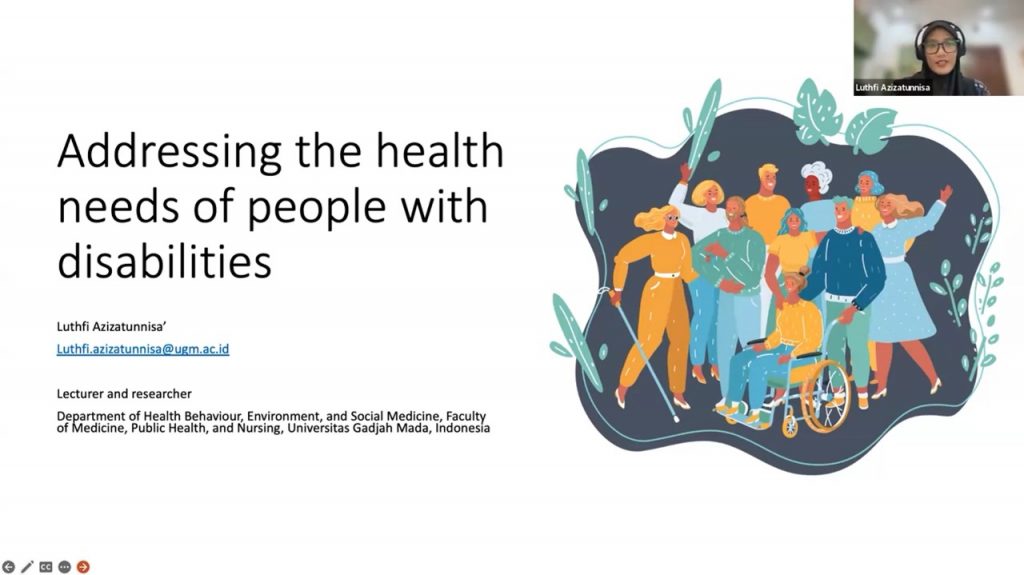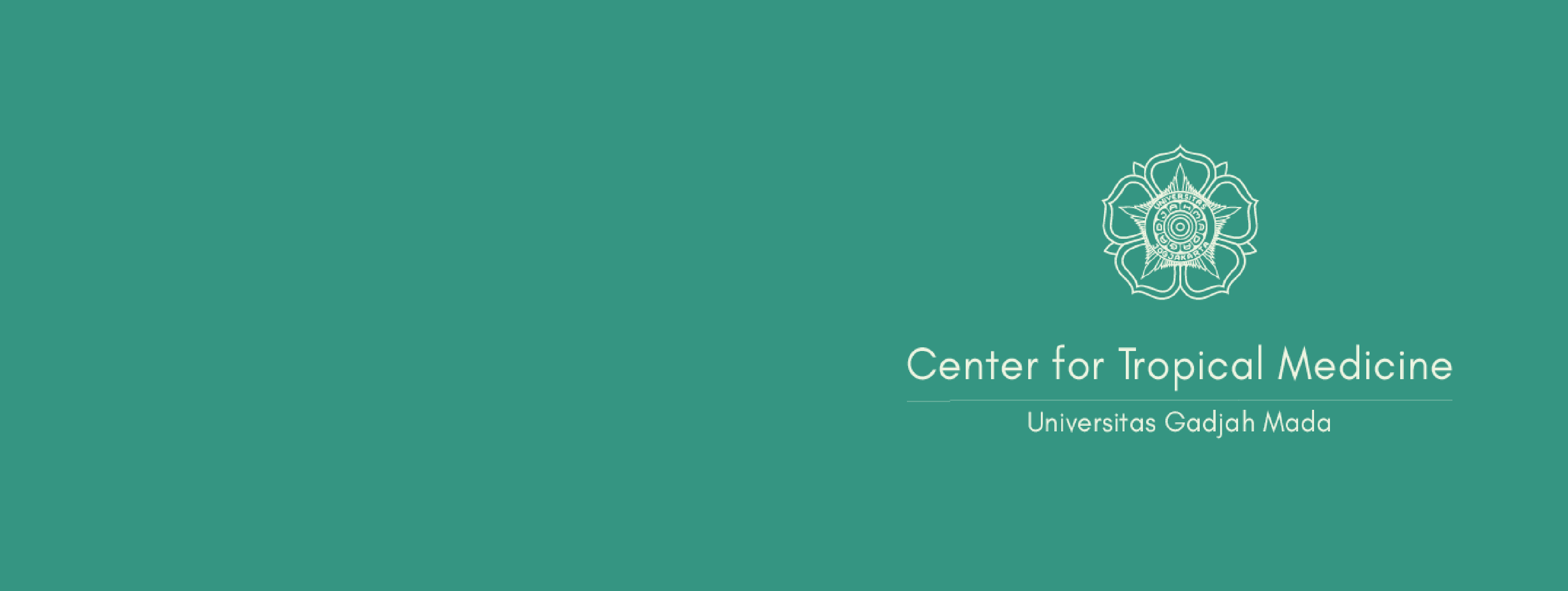Inclusive Healthcare for People with Disabilities: A Necessity
Access to healthcare for people with disabilities remains a global challenge, affecting over 1 billion individuals, or around 16% of the population (World Health Organization, 2023). These challenges often lead to poorer health outcomes, increased rates of illness, and a shorter life expectancy compared to the general population. The situation is particularly difficult in low- and middle-income countries, where healthcare systems and public awareness are often not sufficiently supportive. This raises a key question: How can we ensure that people with disabilities receive the healthcare they need?

This issue was the main focus of the TDR Global Asia Monthly Webinar on October 4, 2024. Titled “Addressing the Health Needs of People with Disabilities: Why They Face Greater Health Challenges”. The webinar featured Luthfi Azizatunnisa’, S.Ked, MPH., a lecturer and researcher at the University of Gadjah Mada, and a wheelchair user herself. Luthfi shared her insights on the barriers people with disabilities face in accessing healthcare. The event, moderated by Agi, brought together experts and advocates to discuss ways to make healthcare more inclusive for individuals with disabilities.
During the session, Luthfi outlined several key obstacles contributing to inadequate care for people with disabilities, including long wait times, high transportation costs, complex administrative procedures, and negative attitudes from healthcare workers. Drawing on her personal experiences as a wheelchair user, she also introduced the “Missing Billion Report,” which provides a framework for creating more inclusive healthcare systems. The report calls for stronger policies, better training for healthcare professionals, and more accessible health information to meet the needs of people with disabilities.
Luthfi stressed the importance of training healthcare workers in disability awareness and inclusive practices to raise awareness and reduce stigma. She recommended that healthcare systems adopt these strategies to improve care for people with disabilities.
In closing, Luthfi highlighted the importance of incorporating the needs of people with disabilities into broader societal agendas, urging policymakers to take meaningful action. She also underscored the necessity of accessible formats in healthcare services and encouraged healthcare professionals to be better prepared for interactions with people with disabilities. The goal is clear: Can we work together to close the healthcare gap for people with disabilities and create a more inclusive health system?
Check out the recorded webinar, here.

